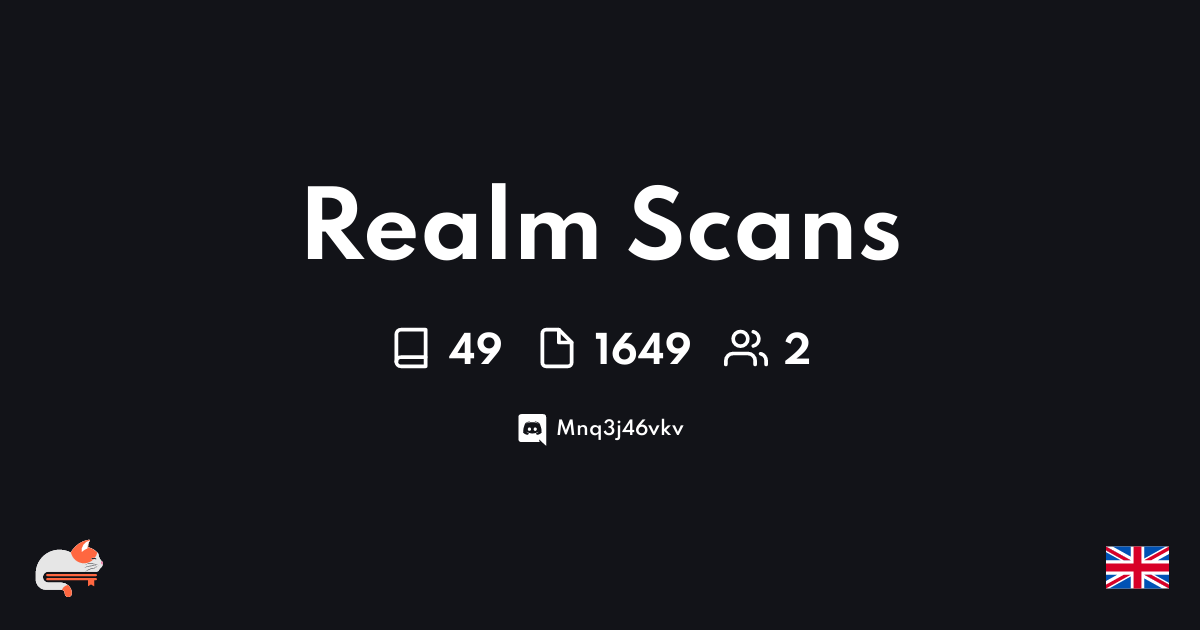In the ever-advancing world of technology, innovations continuously reshape our lives and how we perceive the world. One such groundbreaking invention is Realmscan, a cutting-edge technology that is revolutionizing how we explore realms, physical or virtual. Realmscan offers a unique and immersive experience, allowing users to delve into uncharted territories and discover hidden wonders. In this article, we will delve into the intricacies of Realmscan, exploring its capabilities, applications, and profound impact on various industries.
What is Realmscan?
Realmscan is a state-of-the-art technology that combines advanced 3D scanning, augmented reality (AR), and virtual reality (VR) technologies. It enables users to scan and recreate real-world environments with remarkable precision and detail. The system utilizes high-resolution cameras, LIDAR sensors, and intelligent algorithms to capture and process data, resulting in lifelike virtual representations of physical spaces.
How Realmscan Works
Realmscan employs a multi-step process to create its immersive virtual environments:
- Scanning: High-resolution cameras and LIDAR sensors capture the physical space from various angles. LIDAR helps in measuring distances accurately, while cameras capture detailed imagery.
- Data Processing: The collected data is fed into powerful algorithms that process and stitch together the information, creating a comprehensive 3D model of the scanned environment.
- Augmented and Virtual Reality Integration: Once the 3D model is generated, Realmscan integrates augmented reality and virtual reality technologies to enhance the user experience. Users can access virtual realms through compatible devices like AR glasses or VR headsets.
- User Interaction: Realmscan allows users to interact with the virtual environment in real time. Whether it’s exploring historical sites, inspecting architectural marvels, or visualizing future projects, the possibilities are endless.
Applications of Realmscan
- Architectural and Civil Engineering: Realmscan has transformed how architects and engineers work. They can now create accurate 3D models of existing structures and landscapes, making planning renovations or designing new projects easier. Realmscan enables professionals to visualize their concepts more effectively and clearly present their ideas to clients.
- Tourism and Cultural Heritage: With Realm scan, historical sites and cultural landmarks can be preserved digitally, ensuring that future generations can explore and learn about their heritage. Tourists can enjoy immersive experiences by virtually visiting destinations before planning their trips.
- Realmscan has disrupted the real estate industry, allowing potential buyers to take virtual tours of properties without physically being there. This technology saves time and resources for both buyers and sellers, leading to more informed decisions.
- Gaming and Entertainment: Gaming enthusiasts can immerse themselves in virtual worlds that closely resemble real-life environments, enhancing their gaming experiences. Realmscan also opens up possibilities for innovative interactive entertainment and educational experiences.
- Education: In the field of education, Realm scan provides students with opportunities to explore historical events, study geographical landscapes, and learn about diverse cultures realistically and engagingly.
- Training and Simulation: Realmscan facilitates realistic simulations for training purposes, from military training to complex machinery operations. It enables trainees to practice in safe environments, minimizing potential risks and costs.
The Future
As technology continues to evolve, so will Realmscan. Future developments might include:
- Miniaturization: Realm scan developers will likely focus on making the technology more compact and portable. Smaller devices will enhance accessibility and usability.
- Enhanced Resolution and Realism: Advancements in sensor technology will lead to even higher-resolution scans, making virtual realms even more realistic and immersive.
- Cloud Integration: Storing vast amounts of data can be challenging. Cloud integration will make accessing and sharing virtual environments easier across different platforms and devices.
- Haptic Feedback: Future iterations of Realm scan might incorporate haptic feedback systems, enabling users to feel virtual textures and objects, further blurring the lines between reality and virtuality.
Conclusion
Realmscan is at the forefront of a technological revolution, redefining how we explore physical and virtual realms. Its potential applications span various industries, from architecture to gaming, and its impact on education and cultural preservation is truly transformative. As we move towards a future where technology continues to play an ever-expanding role, Realmscan will undoubtedly lead the way in unlocking new frontiers of exploration and understanding.

